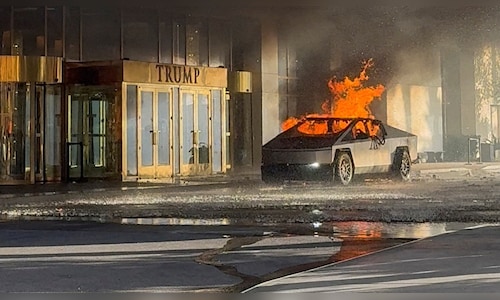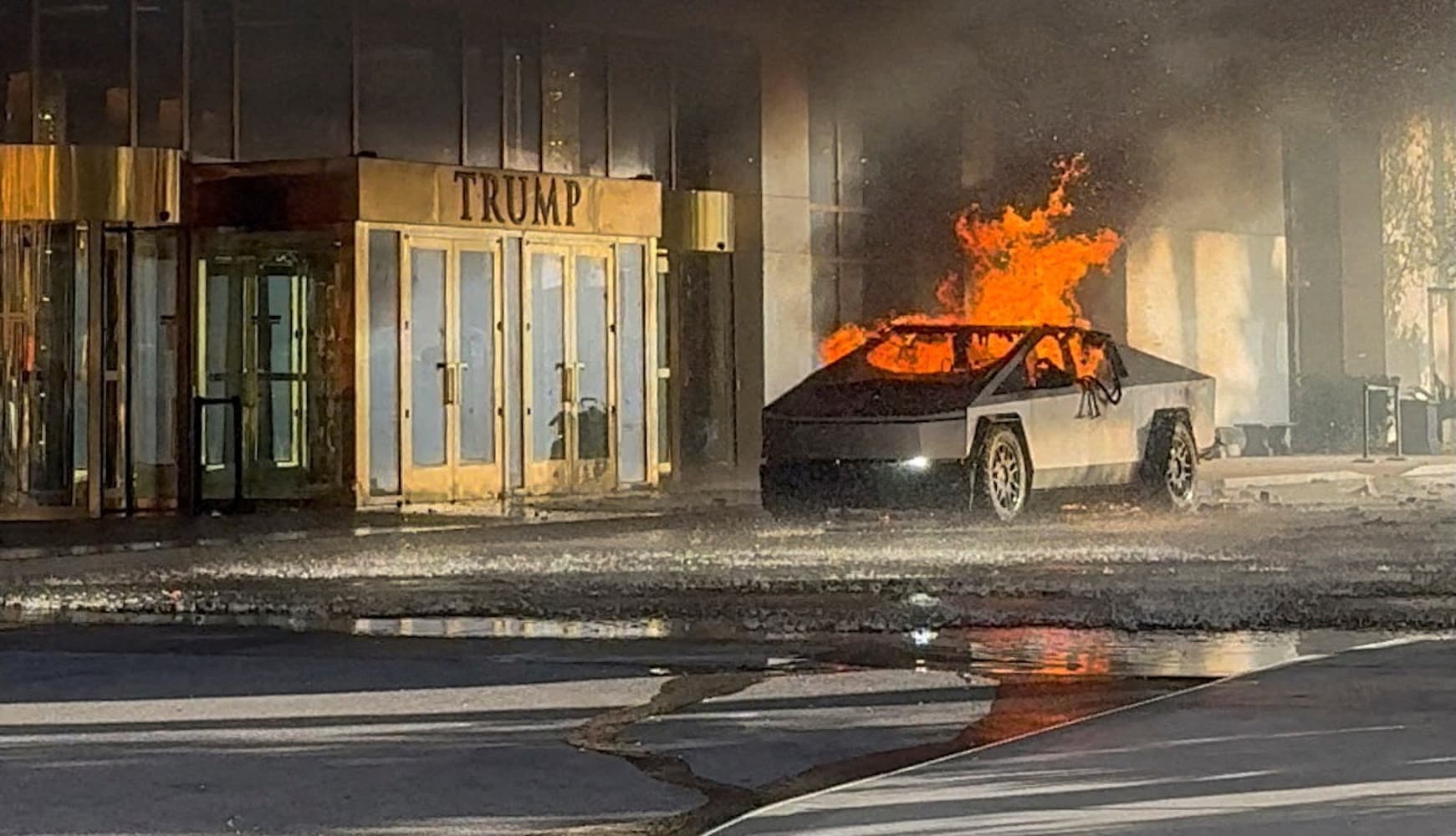

The suspect, identified as Matthew Livelsberger, a 37-year-old active-duty Army soldier from Colorado Springs, was found dead inside the vehicle. Officials stated that he acted alone and concluded the incident was a suicide. Sheriff Kevin McMahill of the Las Vegas Metropolitan Police Department disclosed that Livelsberger used ChatGPT to determine the amount of explosives needed for the blast.
“This is the first incident that I am aware of on U.S. soil where ChatGPT is utilized to help an individual build a particular device,” McMahill said during a press conference.
Also Read: India to launch cashless treatment scheme for road accident victims: How it will work
The investigation revealed a six-page manifesto on Livelsberger’s phone. Authorities are analysing the document for further insights into his motives. Although the FBI reported no connection to a recent truck attack in New Orleans that killed over a dozen people, they stated that Livelsberger likely suffered from post-traumatic stress disorder.
Additionally, despite the explosion’s proximity to the hotel bearing his name, they found no evidence of hostility towards President-elect Donald Trump.
Seven people sustained minor injuries in the incident, which has raised significant concerns about the misuse of artificial intelligence. Critics have long warned about the potential for AI tools to be exploited for harmful purposes, and this case has heightened those fears.
OpenAI, the developer of ChatGPT, responded to the incident and said, “Our models are designed to refuse harmful instructions,” adding that the chatbot only provided information already available online and included warnings against engaging in illegal or dangerous activities.
(With input from agencies)
Also Read: Mahindra unveils prices for BE 6, XEV 9e electric SUVs, bookings open in Feb 2025 — details inside
(Edited by : Vivek Dubey)



